The day after the publication of the two long-awaited Decrees of the Italian Ministry of Health on clinical investigations of medical devices (which we have already discussed in a previous article), two further Ministerial Decrees related to this field were published in the Official Journal of 14 June 2023.
On a general level, the Ministerial Decrees of 14 June - which also implement the provisions of Legislative Decree 137/2022 (paragraphs 5 and 8 of Article 16) - address and regulate, respectively:
a) the independence, transparency and impartiality of the persons entrusted with the processing of clinical investigation requests;
b) the requirements of the structures suitable for carrying out clinical investigations conducted to demonstrate the conformity of medical devices.
The first MD (Provisions aimed at ensuring that the persons in charge of assessing and validating clinical investigation applications or of making a decision thereon do not have a conflict of interest, are independent of the sponsor, the investigators involved and the natural or legal persons financing the clinical investigation, and are free from any undue influence), of immediate application, is therefore intended - as can be deduced from the title - to ensure the absence of conflicts of interest and undue influence for the persons in charge of processing clinical investigation applications, and this on the basis of specific declarations and obligations to abstain if a possible conflict is detected.
The figures mentioned above, in particular, are identified by the Ministry of Health in its capacity as competent authority.
In addition, in order to ensure that the assessment of the applications for investigation is carried out jointly by an adequate number of persons with suitable requirements and the necessary experience, it is provided for that the Ministry may have recourse to experts with proven scientific and professional qualifications, to be identified from among the employees of bodies carrying out research, health care or university training activities.
These persons, the Ministerial Decree specifies, must not be subject to any influence that might affect their judgement, and must carry out their activities in an independent, transparent and impartial manner, in order to avoid situations of conflict of interest or undue conditioning by sponsors, economic operators, investigators and any other party involved in the conduct, management or financing of the clinical investigations subject to evaluation and validation. To this end, the persons in charge of evaluating and validating clinical investigation applications are called upon to submit an annual declaration of their interests with the subjects with whom potential conflicts could arise and, in that case (even if only potential), they must refrain from participating in the negotiations relating to that particular investigation.
The second MD (Requirements for facilities suitable for carrying out clinical investigations [...]), which is also of immediate application, establishes how the assessment of the suitability of healthcare facilities for carrying out investigations must be carried out on the basis of declarations submitted by the legal representatives of these facilities, and also lays down the conditions for enabling the remote testing of devices that can be used through the use of digital technologies.
On the first aspect, from a qualitative point of view and always with a view to protecting the health of the persons involved, the Ministerial Decree provides that clinical investigations must first of all be conducted in facilities where the following conditions are met:
- documented expertise in the field of controlled clinical trials, with experience in the specific field of experimentation, supported by scientific publications or patents or other evidence of a similar level;
- consolidated and documented use in normal clinical practice, by qualified personnel, at the facility where the trial is conducted, of medical devices belonging to the same type and class as the medical devices under clinical investigation.
The above, in general, translates into the possibility of carrying out clinical investigations at the following types of facilities: public hospital companies; university hospital companies and university polyclinics; institutes of hospitalisation and care of a scientific nature; directly managed hospital facilities of NHS health companies; private health institutes qualified as NHS health companies; private hospitalisation and care homes accredited with the NHS, etc.
The possession of the above-mentioned requirements must, in any case, be certified by the legal representative of the facility, by means of a specific declaration that can be verified by the Ministry of Health.
With regard to the second aspect, in the event that the investigation should include activities performed with the aid of digital devices outside the facility, appropriate quality/safety levels must in any case be guaranteed, as well as the provision of mechanisms for reporting and managing any adverse events that may occur outside the facility itself.
